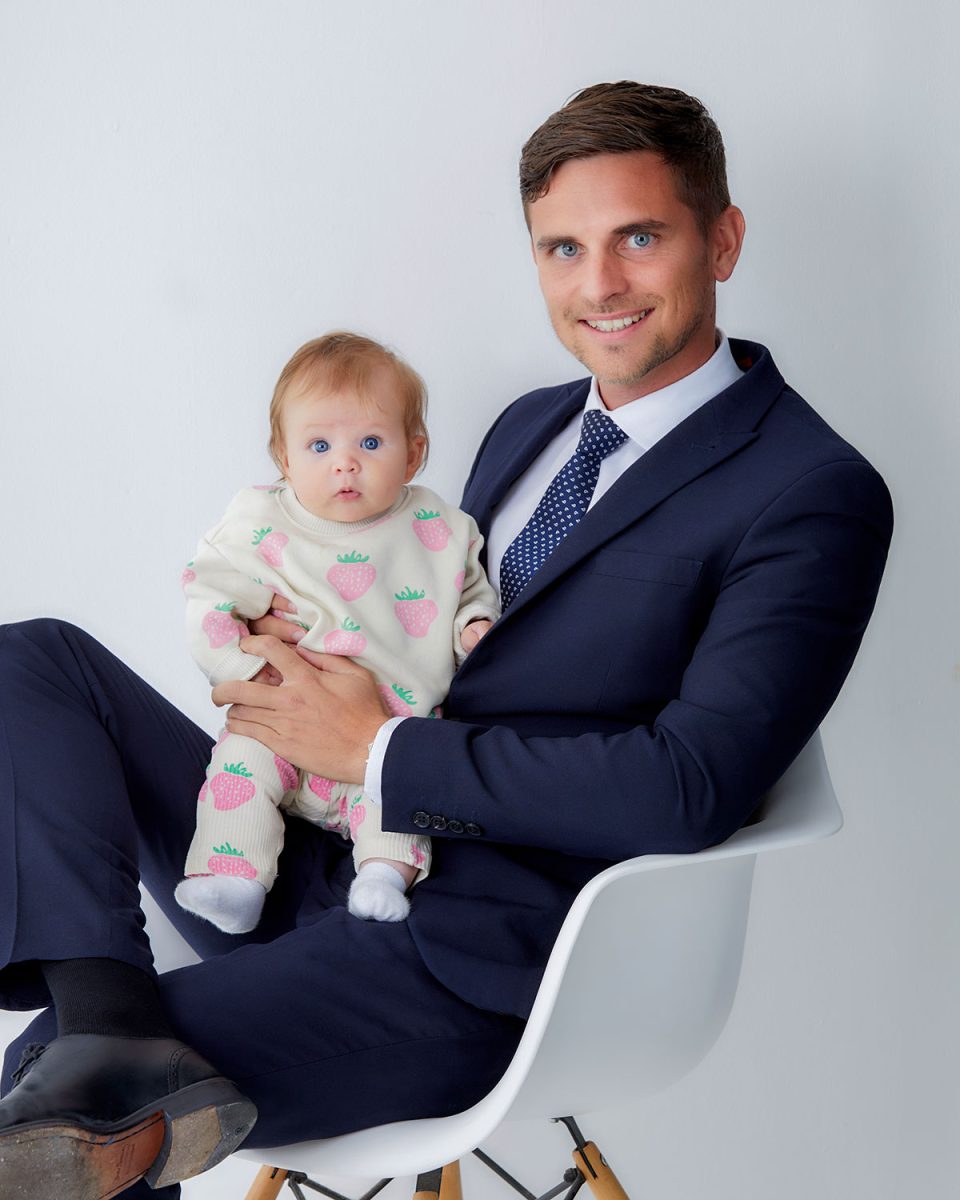
Growing up in Jersey, Dean seized every opportunity, stepping straight into the world of banking rather than heading off to Uni. From the outset, one ambition stood out: to become an Investment Manager. Although at times conscious that the absence of a degree might prove a setback, he channelled that determination into professional qualifications. Over the past decade, this dedication has seen them achieve an impressive suite of credentials, including the Investment Management Certificate, Investment Advice Diploma Securities (Level 4), Private Client Investment Advice & Management (Level 6), the Chartered Wealth Manager qualification (Level 7), and most recently the prestigious Chartered Financial Analyst (CFA) designation, having completed all three levels of the globally respected programme. It has been a demanding journey with late nights, weekends, and countless hours of study, but persistence has paid off. Today, Dean is proud to be part of Rathbones, exactly where they had always set their sights.
What was the first moment you knew you wanted to work in investing?
I actually always knew I wanted to work within the Investment industry. It was written into my yearbook at the end of Sixth Form at Victoria college. There’s only a few industries which require understanding of numbers, psychology and behavioural factors and an environment which is constantly changing. The stock market is driven by all these factors and more which makes my job very interesting.
Was there an early money lesson or personal experience that shaped how you think about risk?
I’d say the meaning of the word risk has evolved significantly since I began my career. In modern English, risk often carries negative connotations. The term ‘risk’ actually derives from the Italian “risco” or “riscoare”, used in maritime contexts during the Middle Ages to describe danger or peril. In the world of investing, however, risk is highly personal and context-dependent. For example, a young investor with a 30-year time horizon might actually be guilty of not taking enough risk—holding too much cash could mean missing out on the long-term growth and inflation protection that equities offer. On the other hand, for a retiree drawing down their pension, risk is much more dangerous—sudden drops in portfolio value can be far more damaging when you are reliant on drawing from your portfolio, so reducing risk becomes the priority. Risk is not a one size fits all in our industry!
How would you describe your investment style in three words and what do those words mean to you?
Quality, Contrarian and Active.
Quality – Seek companies with great products and services, prudent management teams and a sustainable competitive advantage. Don’t rely on stock tips from the local pub! I’m fortunate enough to have access to some of the best technology in the industry which provides me with a more quantitative look through of ‘quality’, which allows me to more easily target those companies with higher profit margins and greater returns on invested capital.
Contrarian – The market has a tendency to chase the most ‘on trend’ sectors and regions which quickly leads to rich valuations and greater risk of a correction. This doesn’t mean you shouldn’t invest in these areas but you should always be mindful and keep looking for value elsewhere too.
Active – The industry has seen significant flows into ‘passive’ investments. Exchange Traded Funds such as S&P500 trackers which do play a crucial role in portfolio construction can benefit when momentum is on side, though the same is true when investors get nervous and sell out of the market. By remaining active, we can adjust our exposure to optimise performance throughout the economic cycle.
What is something you’ve learnt over the past 10 years as an Investment Manager?
Markets move! Accept it and have patience. Whether it’s bonds, equities, property or the price of gold, the market is permanently trying to value of an asset based on so many unknowns. We can’t tell you with certainty what GDP growth, inflation levels or interest rates will be in one year’s time, and we certainly can’t forecast what Trump is going to say in his next tweet. But what we can do is look at company fundamentals, changing trends and demographics and seek to capitalise on some of the volatility which these unknowns invariably produce.
What excites you most about the market right now—and what keeps you up at night?
The rise of artificial intelligence—and the scale of investment pouring into it—is staggering. Yet, how this technology will ultimately be monetised remains uncertain. It feels reminiscent of the early days of the internet, though we all remember how the dot-com boom eventually unravelled. There are many unanswered questions about how AI will reshape the corporate landscape, making this moment both exciting and, at times, unsettling. Tech giants and governments alike are placing significant bets on AI, albeit this time from a foundation of much stronger balance sheets. Only time will tell whether it’s a gamble that truly pays off.
What’s a habit or ritual you rely on to stay sharp?
Hailing from Jersey, I am into all things ocean led. Be it surfing, kite surfing, spear fishing or boating, I absolutely love being out on the water. Having recently welcomed my first born, Esther into the world, she is my new focus and I’ve loved every second with her so far. For me, staying sharp relies on the perfect mix of quality time with family and friends and making the most of Jersey’s incredible outdoors.

